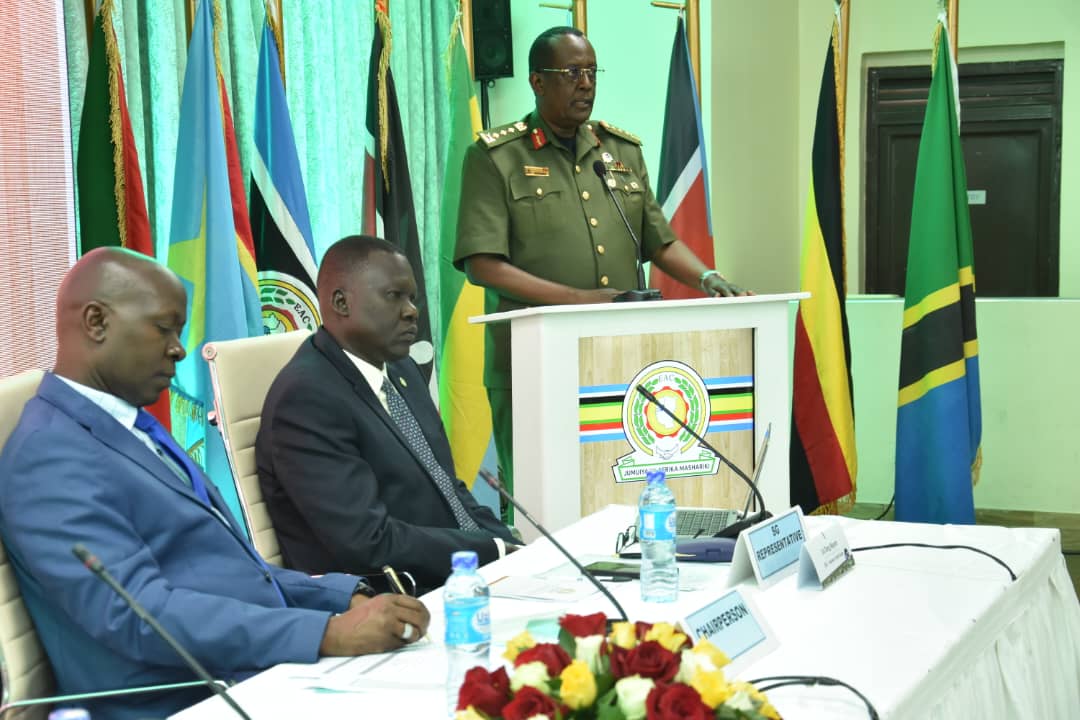An East African Confederation: Here is why the Aviation Industry should be excited
An opinion by Arnold Agaba
 The author Arnold Agaba
The author Arnold AgabaKeep Reading
The 20th ordinary summit of the East African Heads of state directed the Council of Ministers to expedite the drafting of the constitution for an East African political confederation. The promulgation of the constitution, anticipated to occur by 2023, will be the final stage of the integration of the East African Community. Even without speculating about the configuration of the new EAC, we can be fairly certain that it will bear substantial resemblance to the original EAC which collapsed in 1977 under the weight of pallid political and diplomatic relationships among the East African nations. East Africa’s political integration should be welcomed as good news by the players in the aviation industry and by the clientele of aviation services.
Integration will prompt the merger of sectors offering common services including the air transport sector. This would in turn prod that East African nations to finally liberalize their air transport sectors such that the whole of the East African Community would be treated as a single aviation market. In the EAC treaty, the EAC nations committed to liberalizing their aviation sectors. Whereas liberalization has featured prominently on the agenda of the EAC, the nations (being protective of their domestic and individual interests) have been Laodicean when called upon to actualize this commitment. The notion that a political confederation is a prerequisite for the liberalization of the EAC aviation market is theoretically inaccurate but, a political union will likely be the intervening factor that can guarantee the liberalization of the EAC aviation industry.
An EAC confederation is likely to precipitate the liberalization of the EAC aviation sector in one of two ways. Either the EAC nations will implement the liberalization commitment before the confederation comes to life as a matter of pragmatism designed as a political/diplomatic deliverable in the buildup to the promulgation of the EAC confederation constitution or, liberalization will be an inevitable result which will organically develope from the confederation. Either way liberalization of the aviation sector will be a positive development for East Africa and, politics will have a role to play in the process.
Merging and liberalizing the EAC aviation markets will significantly alter the economies of scale of the industry and initiate the transfiguration of the East African aviation sector. Liberalization can lead to cheaper and safer flights, the creation of more jobs and the generation of more revenue. One study indicates that liberalization of the EAC aviation market could result into the creation of over 45,000 new jobs, generation of over USD 200 million GDP per annum, close to 10% reduction in fares which and over 50% traffic increase.
The merger and liberalization of the EAC aviation sector is a sure outcome of political confederation of EAC. The benefits of liberalization of aviation industries which are evident in various parts of the world (most notably in Europe) are anticipated in a liberalized EAC aviation industry. Liberalization of the EAC aviation sector is essentially guaranteed if the political confederation is successfully established. Therefore East Africans should be excited and generally filled with the sense of optimism for the future aviation industry whenever we gravitate closer to a united East Africa.
Mr. Arnold Agaba is a lawyer/advocate and a scholar at McGill University’s Institute of Air and Space Law. arnold.agaba@mail.mcgill.ca


















